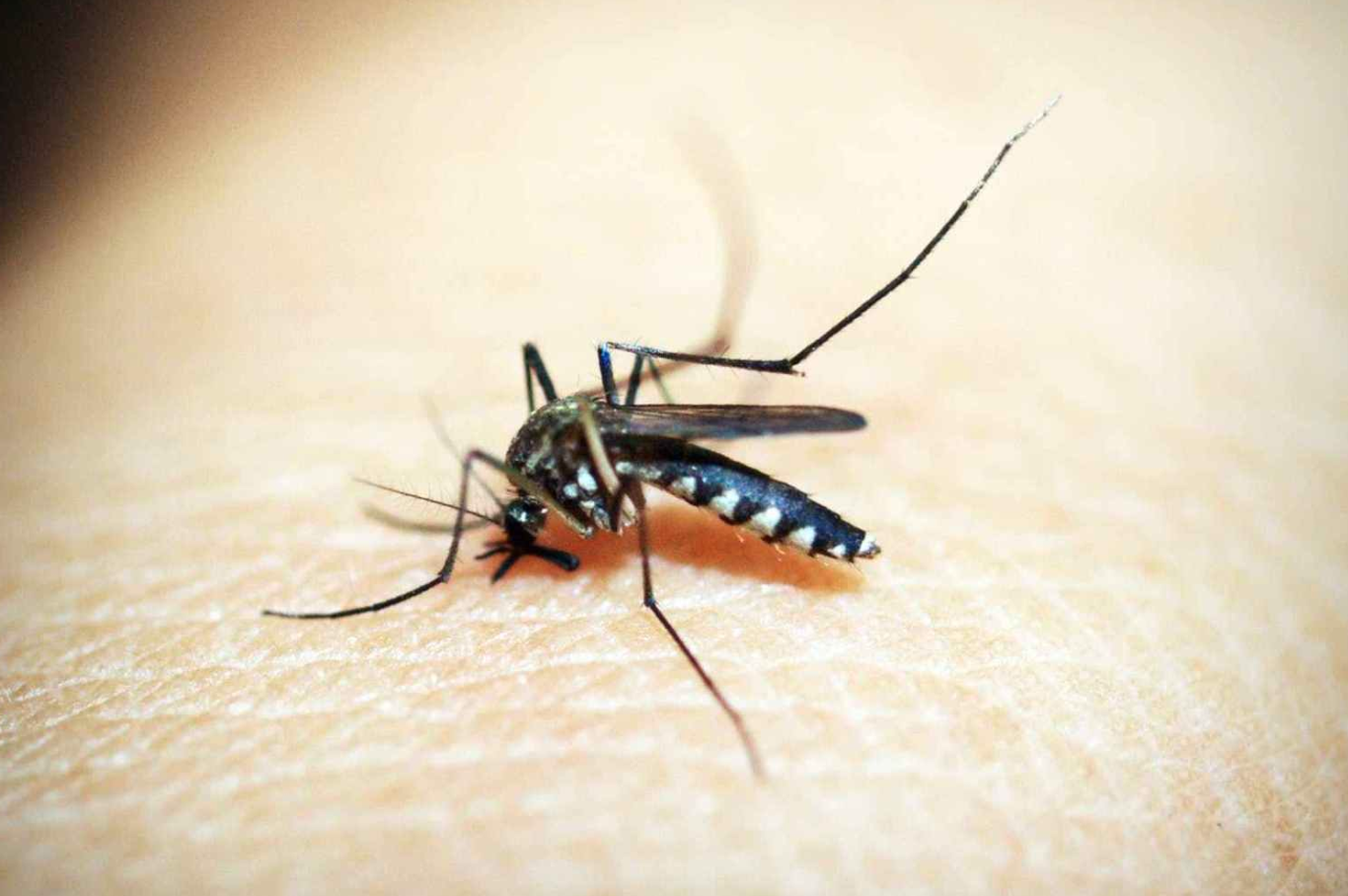 People who live in temperate and polar climes, far from the equator, have not had to think much about the insect-borne diseases of the tropics. That situation is changing. As the globe warms, the diseases heard about in faraway lands are now on our doorstep. Some have already made it into the front vestibule.
People who live in temperate and polar climes, far from the equator, have not had to think much about the insect-borne diseases of the tropics. That situation is changing. As the globe warms, the diseases heard about in faraway lands are now on our doorstep. Some have already made it into the front vestibule.
Modern news media have kept us informed about diseases such as chikungunya, zika, dengue, Rift Valley fever, and yellow fever. All these diseases are caused by viruses that infect aedes aegypti mosquitoes. As global warming raises temperatures around the globe, mosquitoes that in former days remained in the tropics are now expanding their range toward the poles, both north and south.
Although there is a vaccination against yellow fever, there is no medication that cures the disease once you contract it. During the construction of the Panama Canal early in the last century, thousands of workers died from yellow fever.
 n the United States, the aedes aegypti mosquitoes that carry the yellow fever virus have made landfall in the Florida Keys, and have started to cause disease. In response, the Florida Keys Mosquito Control District (FKMCD) has invited Oxitec, a British/American company to conduct a pilot project in insect control. To give the project the green light, nine government agencies had to give their approval.
n the United States, the aedes aegypti mosquitoes that carry the yellow fever virus have made landfall in the Florida Keys, and have started to cause disease. In response, the Florida Keys Mosquito Control District (FKMCD) has invited Oxitec, a British/American company to conduct a pilot project in insect control. To give the project the green light, nine government agencies had to give their approval.
The strategy involves creating a mutant version of the aedes aegypti mosquito. With this mutation, newly hatched females do not survive. The mutated male mosquitoes grow to maturity and are released. The hope is that they will mate with wild type female mosquitos, passing on their genes to the offspring. Half of the offspring of such unions are female and non-viable. Of the males that survive, half pass on the mutation to their progeny, so in the next generation, only about three-quarters survive. The process is self-limiting, as the mutation gets diluted in each new generation. Thus, although this experiment promises to knock down the number of aedes aegypti mosquitos that will continue to live in the Florida Keys and bite humans, it will not eliminate them completely. It is expected that to keep yellow fever down to a manageable level, the process will need to be repeated every few years.
Oxitec has worked for over a decade to guide the pilot project past all the regulatory hurdles. Complicating the process has been opposition from environmental groups afraid of unforeseen side effects. This despite the fact that a preliminary trial was conducted in Brazil, with no unanticipated or unwanted consequences.
I can’t claim to be unbiased in this controversy. I hate mosquitoes and kill them whenever I come across them. I grew up in New Jersey, where a different species of mosquito might as well be the official state bird. They have taken several gallons of my blood, so I am happy to see the folks in the Florida Keys delivering some payback to these carriers of disease and death. In the process of curtailing the spread of yellow fever, the FKMCD can also prevent chikungunya, Dengue, Zika, and Rift Valley fever from gaining a foothold in the USA. That’s a bonus that could be worth a lot. Once a disease carrier such as the aedes aegypti mosquito establishes itself in a new territory, it is almost impossible to eradicate.
BIO:
Allen G. Taylor is a 40-year veteran of the computer industry and the author of over 40 books, including Develop Microsoft HoloLens Apps Now, Get Fit with Apple Watch, Cruise for Free, SQL For Dummies, 9th Edition, Crystal Reports 2008 For Dummies, Database Development For Dummies, Access Power Programming with VBA, and SQL All-In-One For Dummies, Third Edition. He lectures internationally on astronomy, databases, innovation, and entrepreneurship. He also teaches database development and Crystal Reports through a leading online education provider. For the latest news on Allen’s activities, check out his blog at wwwallengtaylor.com or contact him at allen.taylor@ieee.org.